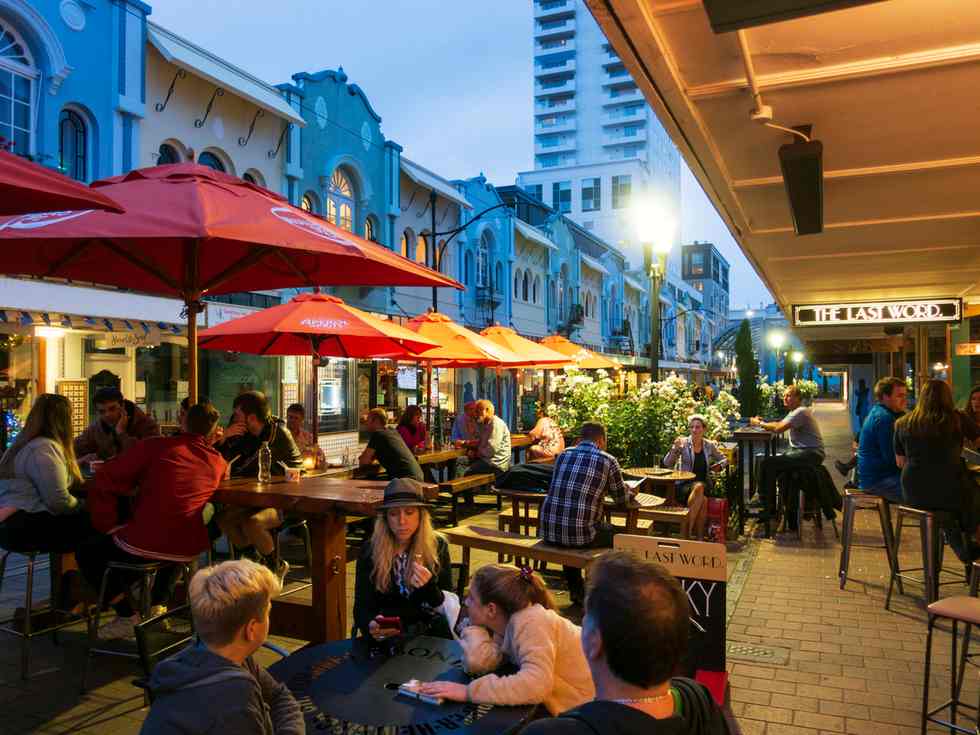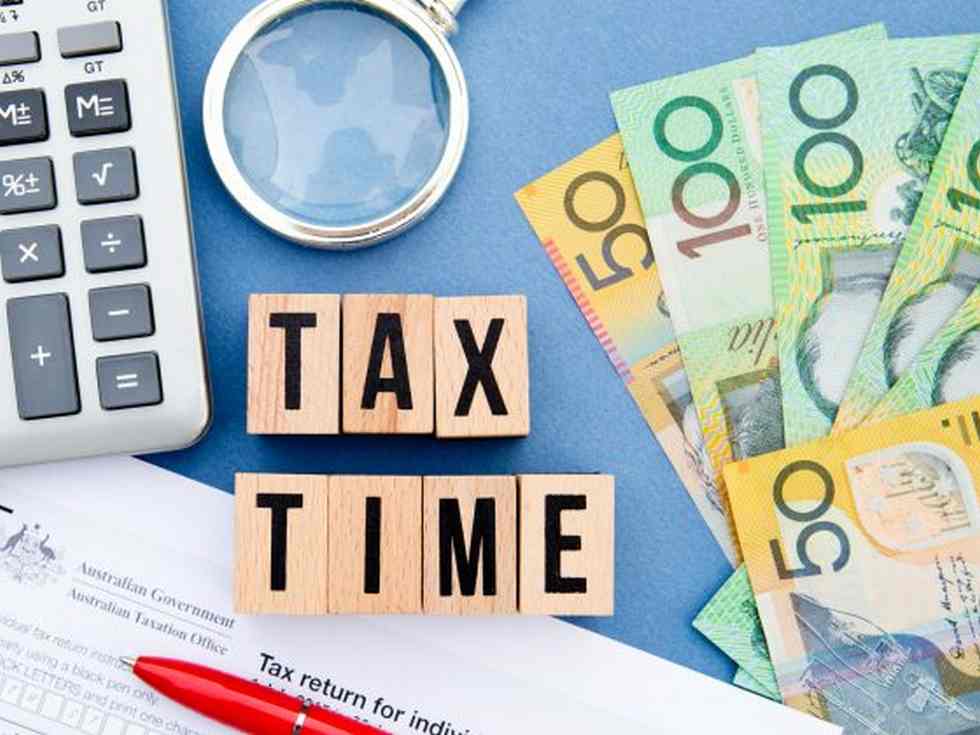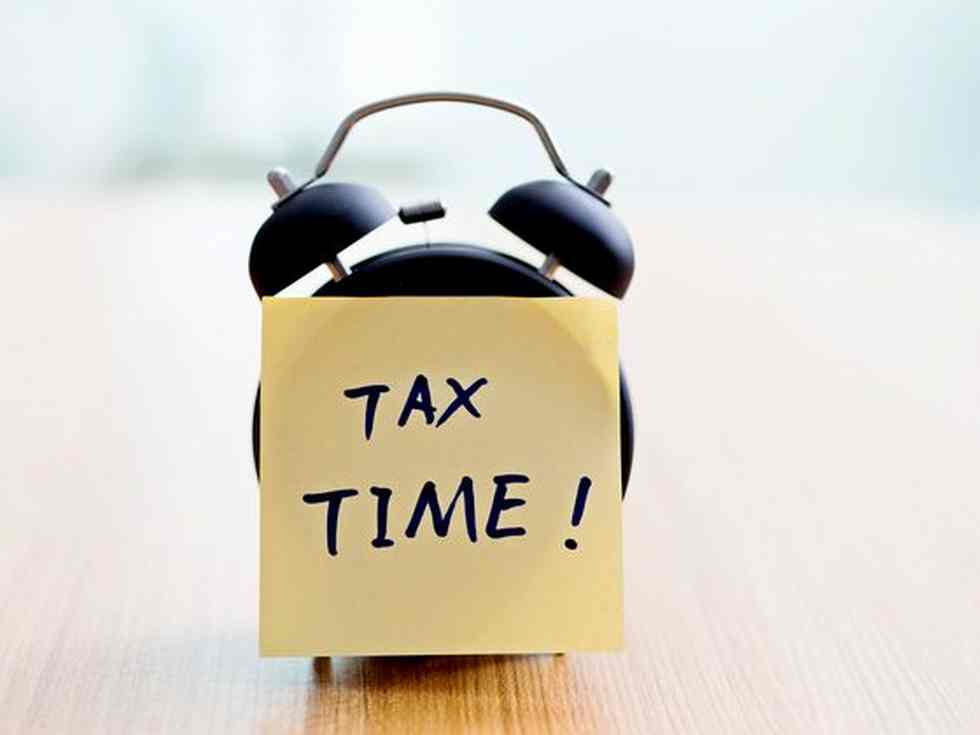RBA: Customers shouldn’t pay Afterpay surcharge, however maybe sometime quickly

Guidelines banning retailers from slapping surcharges on the merchandise purchased over purchase now pay later platforms are unlikely to be scrapped, the nation’s central financial institution has mentioned — that’s, till the expertise matures.
Afterpay — the biggest purchase now pay later (BNPL) supplier in Australia, accounting for 73 per cent of $5.6 billion in transactions in 2019 — made 80 per cent of its income from charging retailers.
The Reserve Financial institution of Australia (RBA) has been investigating whether or not retailer companions needs to be allowed to bake the price of Afterpay — and different purchase now pay later providers — into the merchandise these providers are getting used to purchase.
Governor Philip Lowe offered some perception into the RBA’s deliberations in an internet handle to the Australian Funds Community yesterday, 7 December.
“The (RBA) Board's preliminary view is that the BNPL operators in Australia haven’t but reached the purpose the place it’s clear that the prices arising from the no-surcharge rule outweigh the potential advantages by way of innovation,” Mr Lowe mentioned.
“So in line with its philosophy of solely regulating when it’s clear that doing so is within the public curiosity, the Board is unlikely to conclude that the BNPL operators needs to be required to take away their no-surcharge guidelines proper now.”
The proportion of service provider charges versus late charges in FY19. Supply: ASIC
| Supplier | Afterpay | Brighte | Certegy | Openpay | Payright | ZipMoney |
| Service provider charges |
80% |
95% |
72% |
52% |
82% |
37% |
| Missed fee charges |
20% |
0% |
2% |
16% |
0% |
1% |
| Different shopper charges |
0% |
3% |
25% |
31% |
18% |
61% |
BNPL suppliers, the likes of Afterpay, ZipPay, BrightePay, Humm, Openpay and Payright, are surging in reputation. In keeping with ASIC, their mixed income jumped 50 per cent in a monetary 12 months, from $266 million in 2018 to $398 million in 2019.
However the RBA mentioned the fintechs “nonetheless account for a small proportion of whole shopper funds in Australia”.
A surcharge might need to be paid by consumers
The case to scrap the no-surcharge rule will strengthen as BNPL providers like Afterpay and ZipPay develop into extra well-liked, the RBA mentioned.
“The Board's lengthy standing view is that the proper of retailers to use a surcharge promotes funds system competitors and retains downward stress on funds prices for companies,” Mr Lowe mentioned.
“That is particularly so when retailers think about that it’s close to important to take a selected fee methodology for them to be aggressive.”
When that point comes, Mr Lowe mentioned he hoped purchase now pay later suppliers would strike voluntary surcharge agreements with service provider companions — just like the method adopted by American Specific and PayPal.
But when there’s resistance, the RBA may search regulation.
“Within the occasion that this weren’t attainable, the Financial institution would talk about with the Australian Authorities the easiest way to deal with the difficulty,” Mr Lowe mentioned.
Customers may already be paying surcharges
The Australian Securities and Funding Fee (ASIC) warned shoppers could also be paying “inflated costs” for some items and providers, regardless of the efforts of BNPL suppliers to forestall retailers from baking surcharges into pricing.
“There’s … a threat that customers could also be paying inflated costs for some items and providers when utilizing a purchase now pay later association,” ASIC mentioned in ‘Purchase Now Pay Later: An trade replace’, a report primarily based on information from six suppliers, 4 banks and a shopper spending survey.
Many purchase now pay later suppliers prohibit sellers from slapping surcharges on merchandise, however ASIC warns difficulties in policing may end in it occurring anyway.
“Suppliers usually contractually prohibit retailers from rising the price of items and providers to the person shopper the place their purchase now pay later association is used,” the regulator mentioned.
“Regardless of the contractual prohibitions in place, it’s nonetheless attainable for surcharging to happen, and for shoppers to be charged extra when utilizing a purchase now pay later association.”
Figuring out surcharging is troublesome for plenty of causes, ASIC mentioned. These embrace claims a product was distinctive; that the worth was raised following a negotiation; providing a ‘false’ low cost to money clients, and; solely providing a purchase now pay later value.
Two regulators launched a ‘no surcharge’ marketing campaign
ASIC and the Australian Competitors and Client Fee (ACCC) wrote to over 5,000 retailers who’ve partnered with BNPL suppliers, reminding them of their obligations below the legislation.
This consists of that it’s unlawful to mislead or deceive clients on pricing below Australian Client Legislation, in addition to a reminder of their obligations below the ASIC Act.
However the 5,000 letters symbolize a fraction of the companions who settle for BNPL fee strategies. In keeping with ASIC’s report, about 56,000 service provider agreements have been in place in 2019.
“The retailers have been chosen as a result of ASIC believed their industries have been extra seemingly than others to interact in surcharging,” the regulator mentioned.





